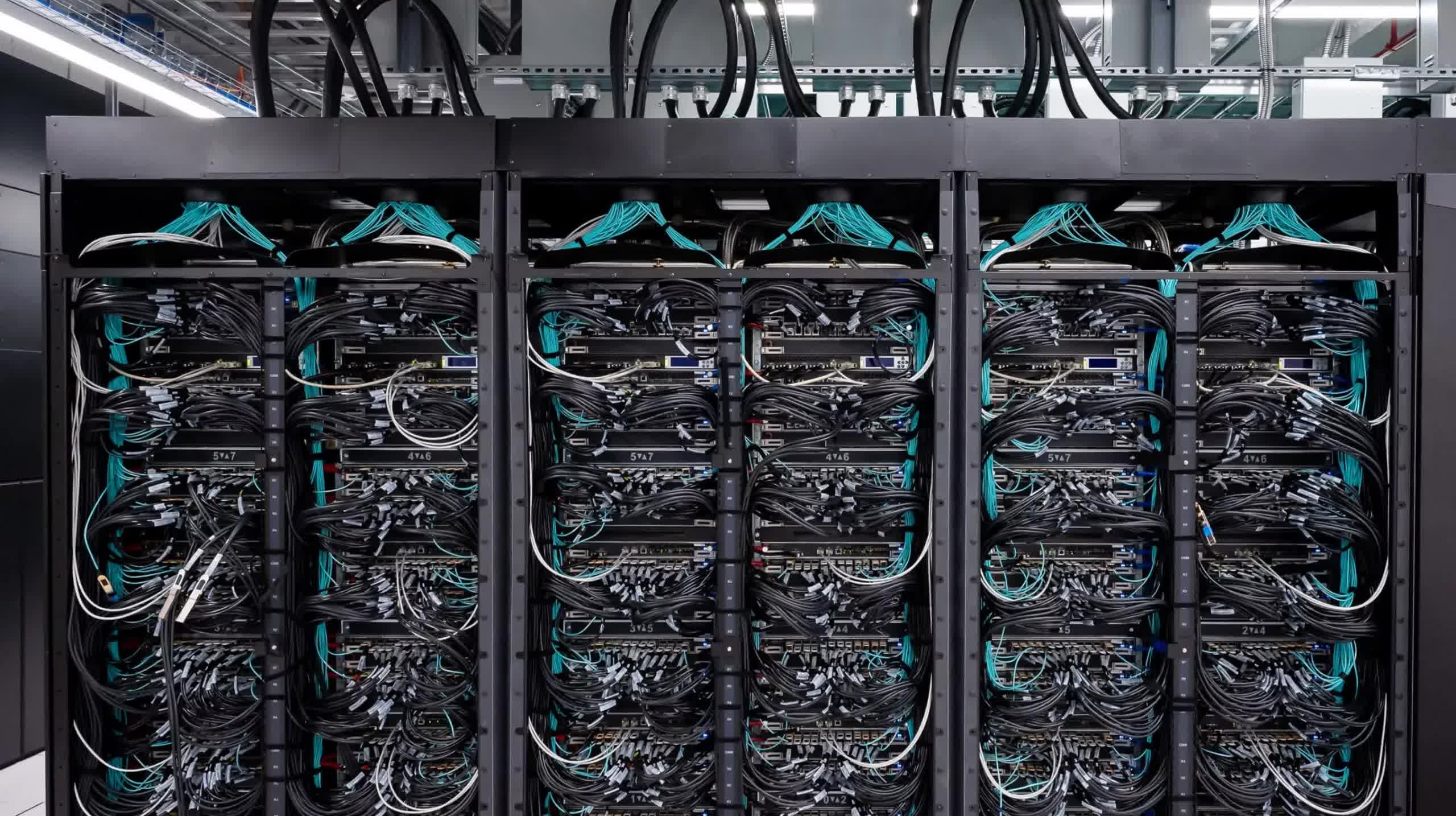In a nutshell: A new global survey commissioned by storage giant Seagate reveals that businesses anticipate their data storage needs will double within the next three years, driven largely by the adoption of AI and machine learning. The survey, which included over 1,000 businesses across various industries, found that a whopping 72% have already jumped on the AI train, with another 28% planning to deploy it within the next three years.

The data deluge is mainly being handled by the cloud. The survey indicates that 65% of all AI-related data is already being stored in the cloud as of 2024, and that percentage is projected to climb to 69% by 2028 as more workloads shift off-premises.
Among companies using over 100 petabytes of storage, 87% are storing their AI model training checkpoints in the cloud or a hybrid cloud/on-premises setup. These checkpoints, which allow models to pick up where they left off, are being generated at a blistering pace: 28% of companies said they create new checkpoints every single day, while 43% do it on a weekly basis. It's no wonder nearly half of the companies surveyed (46%) believe their existing storage methods won't be enough to quench AI's thirst for data in the coming years.

Keeping all those checkpoints around is also becoming a priority. A full 90% of respondents said they believe retaining lots of historical training data leads to better AI outcomes over time. 32% of companies creating daily checkpoints are holding on to that data for over a year, while 29% keep it for 6-12 months.
To try to get ahead of any data bottlenecks, businesses are embracing a variety of strategies: 61% are expanding their usage of scalable cloud storage solutions; 56% have implemented enhanced data management software; 55% have upgraded their on-prem infrastructure; and 49% are turning to data compression to squeeze more into their existing storage.
With AI proving to be an exponential data multiplier, businesses have no choice but to make scaling storage capacity a top priority over the coming years. Of course, cloud will likely continue gobbling up more of the storage load, but it seems on-premises optimization and hybrid setups will remain essential too.
AI adoption to double storage demands in just 3 years, Seagate survey finds